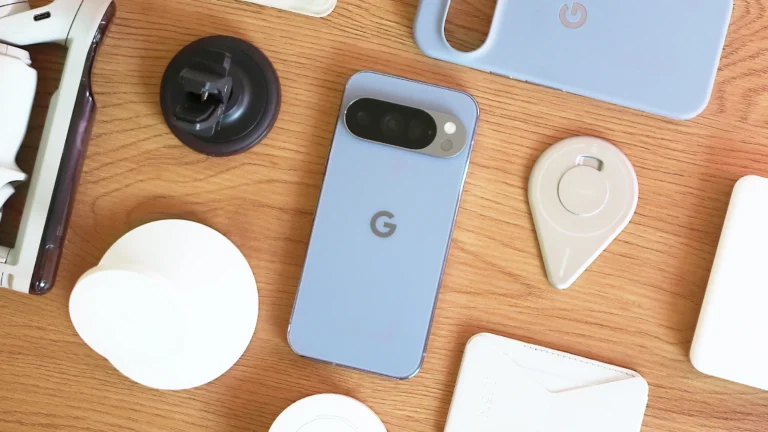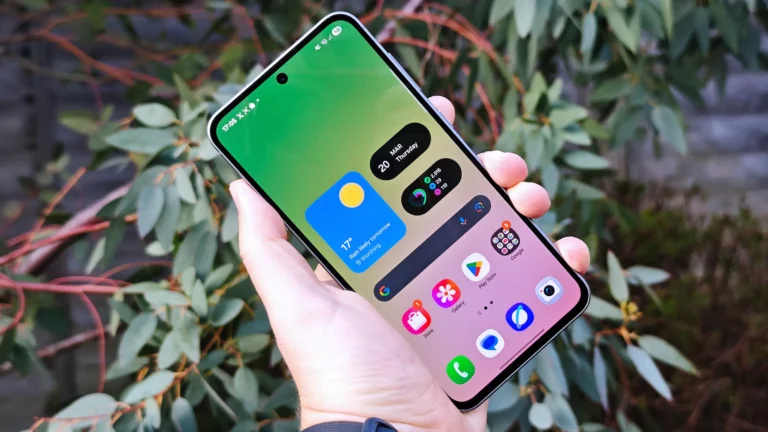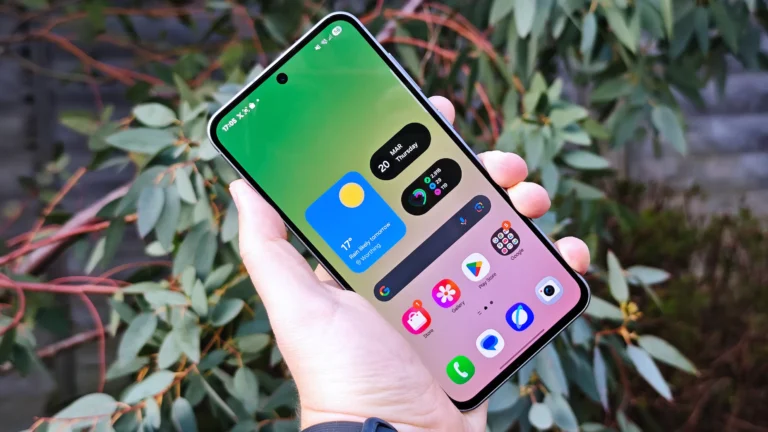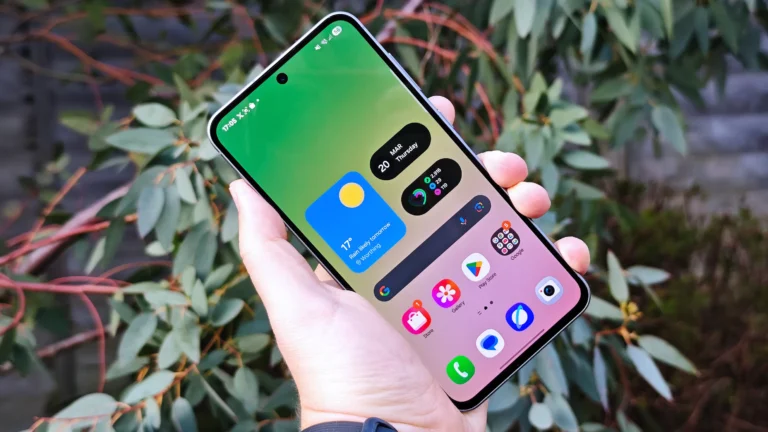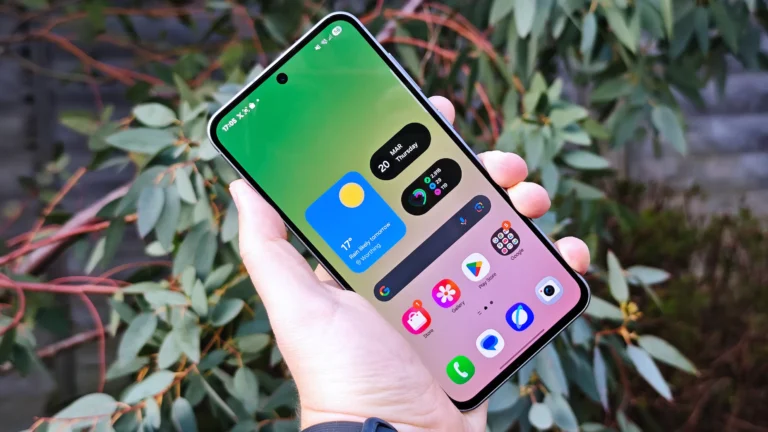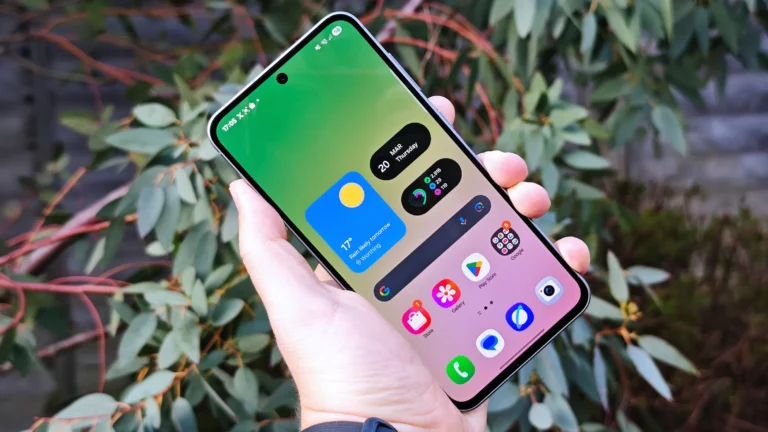Honor X9d vs Realme 13 Pro Plus speed battle
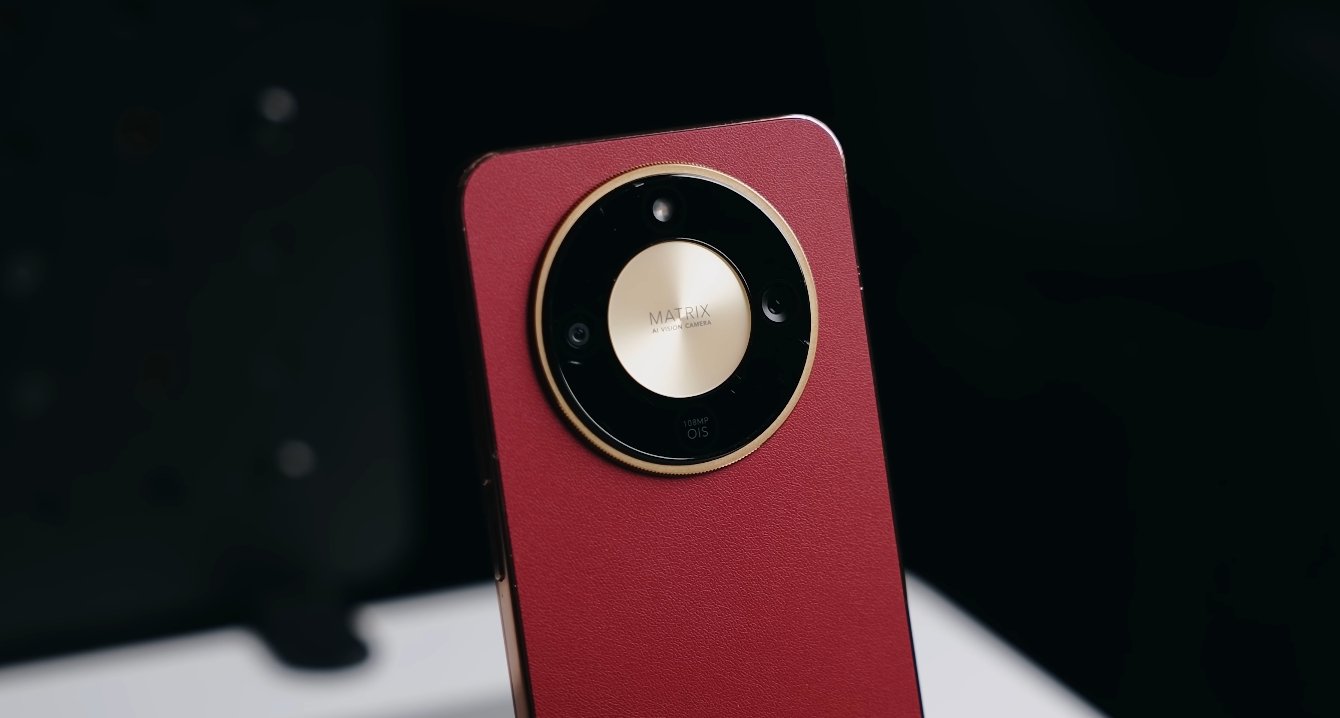
Performance Showdown Between Two Modern Mid-Range Powerhouses
The smartphone market is witnessing a heated battle between two strong contenders — the Honor X9d and the Realme 13 Pro Plus. Both models are fresh in the 5G segment and promise exceptional speed, power, and user experience. While the Realme 13 Pro Plus focuses on offering a refined performance package, the Honor X9d emphasizes battery efficiency and rugged durability. Their clash represents a perfect balance between endurance and raw speed, giving consumers two distinctly capable choices in the mid-premium range.
Under the hood, the Realme 13 Pro Plus is powered by Qualcomm’s Snapdragon 7s Gen 2 processor, a 4nm chipset known for its higher clock speeds and efficient multitasking performance. This processor is coupled with up to 12GB of RAM and 512GB of internal storage, ensuring fluid app switching and responsive gaming. The chipset’s performance cores handle heavy tasks effortlessly, providing consistent speeds even under pressure. On the other hand, the Honor X9d runs on Qualcomm’s Snapdragon 6 Gen 4 platform, which is slightly less powerful but still designed to deliver stable and balanced performance. Its optimization with Honor’s MagicOS ensures a responsive user interface and smooth daily usage, though it lags slightly behind Realme’s offering in high-end gaming benchmarks.
In display responsiveness, both phones deliver equally impressive results. Each features a 120Hz AMOLED panel that enhances scrolling, animations, and touch feedback. Realme’s 6.7-inch curved AMOLED display offers vivid contrast and bright outdoor visibility, while Honor’s 6.79-inch flat AMOLED screen impresses with higher resolution and remarkable 1.5K clarity. During real-world tests, app loading and gesture navigation felt instant on both models, showing how far mid-range devices have evolved in terms of smoothness. However, Realme’s faster GPU rendering gives it a marginal edge in graphic-intensive games and multitasking transitions.
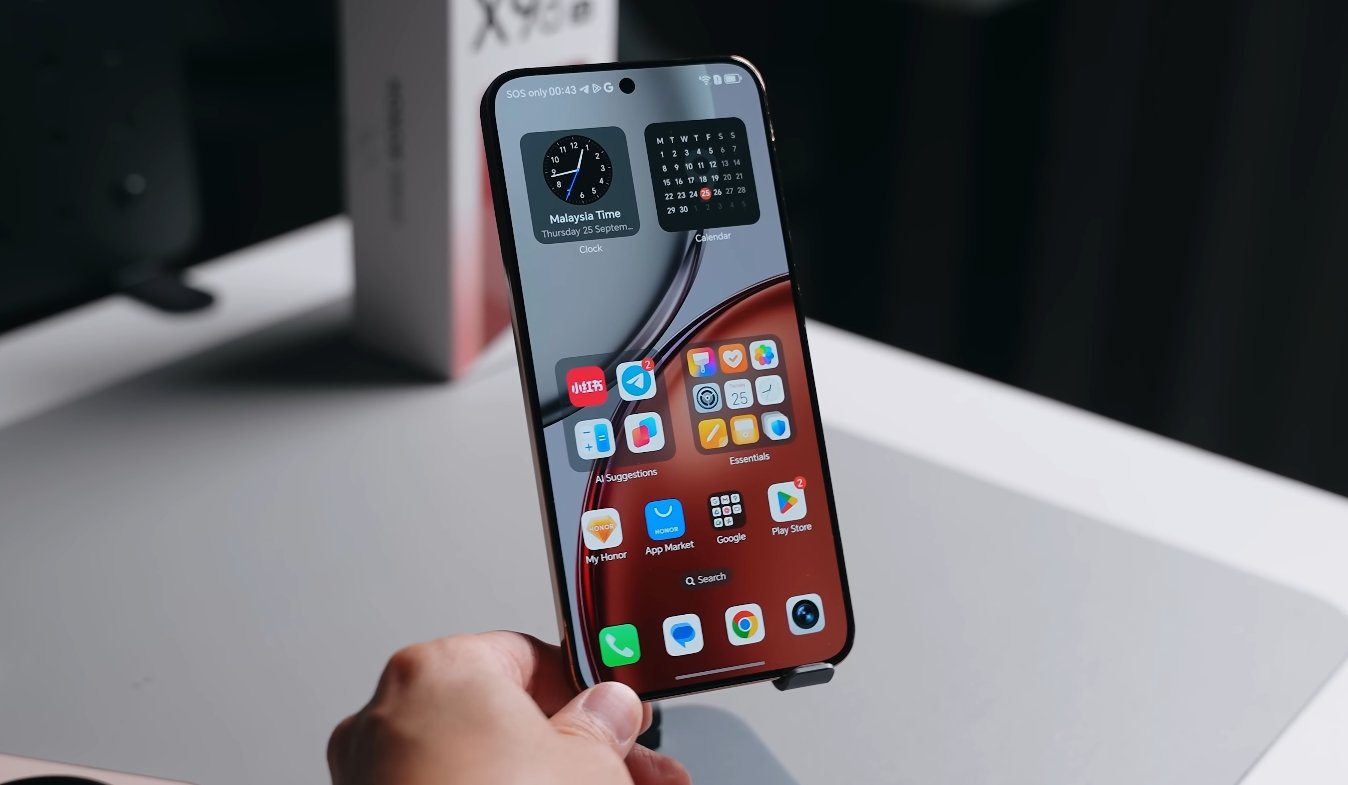
Battery performance plays a critical role in defining long-term speed stability. Honor takes a clear lead here with its massive 8,300mAh silicon-carbon battery. This capacity allows users to run multiple apps, record long videos, or play games for hours without worrying about a recharge. Even after extended use, the device maintains steady temperature control, avoiding throttling issues that often slow down phones over time. Realme, with its 5,200mAh battery, compensates through 80W fast charging, allowing it to refill from empty to full in under 45 minutes. While Realme’s battery isn’t as large, its recharging speed ensures minimal downtime, giving it practical efficiency for users always on the go.
Thermal management becomes an important factor during prolonged performance. Realme integrates a nine-layer vapor cooling system that dissipates heat effectively during long gaming sessions. This results in sustained frame rates and stable performance across demanding tasks. Honor’s rugged design, built to handle extreme outdoor conditions, focuses more on protection than high thermal output. It stays cooler during casual usage but may not maintain peak performance in extended benchmark tests. Despite that, its IP69-rated durability makes it more reliable for users exposed to challenging environments, such as outdoor professionals or travelers.
From a speed perspective, Realme’s Snapdragon 7s Gen 2 clearly pushes higher benchmark scores and executes demanding tasks faster. App installations, photo editing, and 4K video rendering feel more fluid on Realme’s hardware. Yet Honor’s performance consistency over time, coupled with its incredible battery and durability, makes it an equally compelling performer for users who prioritize reliability over raw speed. In practical everyday use, both devices are fast enough to meet modern expectations, though Realme holds the edge when tested under stress-heavy conditions.
In conclusion, the Honor X9d and Realme 13 Pro Plus each represent a different interpretation of performance excellence. Realme offers raw processing power, advanced cooling, and superior multitasking suited for gamers and productivity-driven users. Honor counters with unmatched battery life, premium build quality, and a stable performance profile ideal for long-term durability. While Realme takes the victory in the speed battle, Honor wins in endurance and rugged capability. The final choice depends on what matters most to the user — pure speed or power that lasts. Both smartphones redefine what mid-range performance can achieve in 2025, proving that consumers no longer need to compromise between speed, design, and endurance.
Also Read: Honor X9d vs OnePlus Nord 5G shocking performance gap

